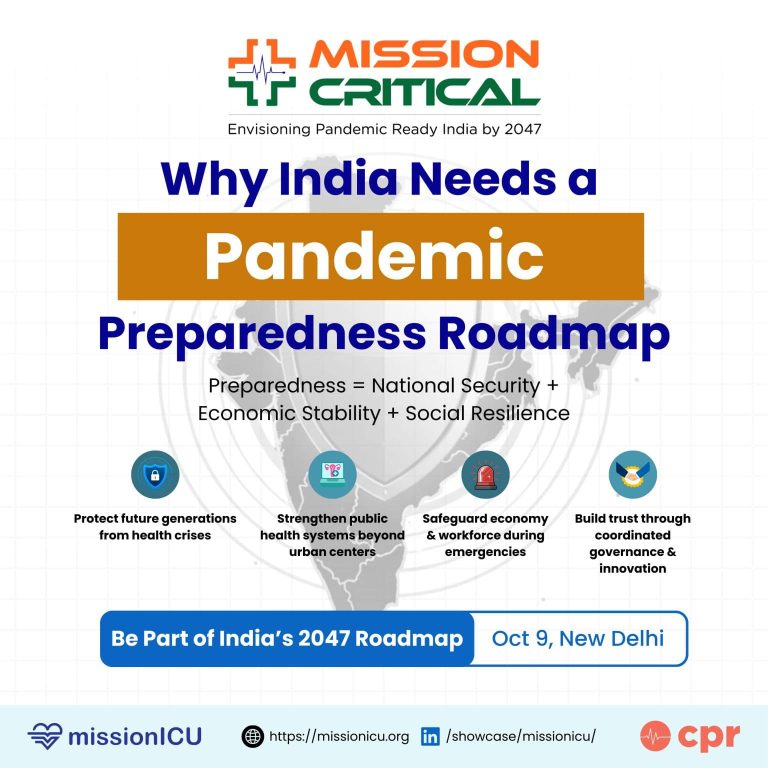– In conversation with Shuma Banik
Girls as young as 10 years are made to feel ashamed of getting their periods and are taught that it is impure. They are made to follow generations of stigma surrounding menstrual health and do not have access to the basic medical necessities.
Being a Gandhi Fellow and working in the rural hinterlands of Gujrat shaped Shuma’s thoughts on menstrual hygiene and it’s management. She has worked tirelessly to educate over 30,000 adolescent girls in Surat on menstrual hygiene practices and has deeply impacted their lives. During her outreach, she observed that most of the girls are very hesitant to discuss about periods. They were taught from a very young age to not discuss about it which continues the cycle of taboos and stigmas associated with it.
Combine the religious beliefs with the stigma, the end results are devastating where women are not allowed to even discuss the health problems and to seek the necessary medical attention for it. Young girls are taught to consider the periods blood as impure and they should feel ashamed for going through it. They are not allowed to talk about it and such topics, even when included in their textbooks are shunned by the staff who feel it is irrelevant. This pushes the conversation of menstrual hygiene into something that cannot be discussed openly, despite it happening to almost 50% of the people in our country. Girls especially in rural areas are completely clueless at menarche, where they panic at the sight of blood and are clueless about why it’s happening. The biggest issue which arises due to this lack of awareness are the health complications, despite being treatable, women are encouraged to not seek medical support and are conditioned to believe that pain and suffering are a part of their lives. They might be suffering from infections or extremely painful cramps, which are entirely curable, but are told by their own family to bear the pain.
Another important step to be taken towards awareness is to include men and young boys in the conversation. It is a norm around the country to not educate the boys in school about menstruation, because they don’t face it. This practice is extremely harmful to our society, because they grow up being practically clueless about the repercussions of improper menstrual hygiene management. Our education system is also designed to exclude them. They grow up believing it to be a “women’s problem” and are never encouraged to talk about it even with their own family members. It is high time that we make our conversations around menstrual hygiene more inclusive by including all the members of the community especially the menstruators and give them a voice, to address their grieving, share their problems and find a solution. Various governmental and non governmental organizations are trying to bridge this gap by starting the conversation, but we have a long way to go before we can make a significant impact in the rural community on menstrual hygiene and it’s management, to include all the stakeholders in the conversation and to bring about impactful changes in our society.

SHRANAYA SREEPAD
Sharanya
Sharanya is a Dentist from Bangalore, who is passionate about volunteering with NGOs and has so far worked with over 20 organizations in various positions as a content writer, HR executive, Research and policy assistant, Editor, Developmental journalist, Media content research assistant and many more. She believes that it is our duty to do good and be good and wants to work to make this world a kinder place.

